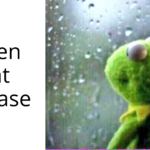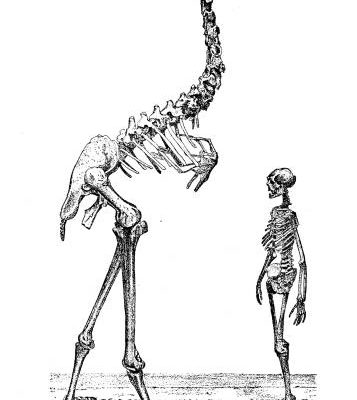Black women need more mental health support
Editor’s note: This article discusses mental illness and suicide. If you’re struggling, please reach out to one of the supports listed at the bottom of this article.
I remember listening to a podcast episode of NPR’s Morning Edition in which Aabri Spear, a 14-year-old Black girl, discussed how she wanted to talk about mental health more. The reason was that she has had suicidal thoughts since she was eight years old, but her family never talked about mental health until one day she wound up in the hospital. Upon hearing this, I was shocked because I never thought that mental health issues could develop for someone as young as eight. However, I realized the problem in that ideology, because it highlighted my own naivety about mental health as a young Black person.
The cost of being Black isn’t easy, especially when it comes to mental health. The trauma we face outside the community from systemic and medical racism and the stigma against the discussion of mental health within our community makes it harder. Despite these difficulties, something needs to be done. Even if the least that can be done is to spread awareness.
According to Mental Health America, about 46 million people in the U.S. identify as Black and out of all of those approximately 4.8 million people reported having a mental illness. There are many factors that come into play that make Black people become more at risk of developing mental illness, such as the trauma the community has been subject to for years through oppression, racism, and prejudice. Racism in the U.S medical system makes it harder for Black people to acknowledge their mental illness because they are often disregarded when they seek help. This creates a mistrust that causes Black people to seek help in other ways that don’t involve a professional.
“Naming the causes of stigma in Black communities is complicated because people of African descent are not monolithic,” said Cherita Cloy, a Crisis Intervention Counselor at Boston University. “However, the common stigmas have to do with fear of what others think of us, which also impacts how a person views themself for having declining mental health.”
There’s also a lack of Black mental health professionals. According to the American Psychiatric Association only about 3% of psychologists in the U.S are Black compared to the 83% of white psychologists. This is an insanely huge difference.
“There are not a lot of black ppl in the mental health profession, a lot of black ppl don’t feel as comfortable speaking to people who can’t relate to them,” wrote Phebean Ogunsanwo, a 17-year-old student at Brighton High.
The way people talk about mental illness has a lot of impact. “People of African descent have likely heard jokes, judgment, gossip towards others with mental illness, and understandably worry that they too would be stigmatized by their own community and the rest of society,” Cloy said. “Regarding access and availability, finding a culturally competent mental health clinician can take time even with health insurance that covers mental health care … We are accustomed to helping each other and may prefer to get support outside of mental health professionals.”
Aside from that, Black women aren’t believed when they say they have mental health issues and refuse to acknowledge that they do, because of the ‘Strong Black woman’ trope. This causes many Black women to believe that they always have to be strong and not seek help and makes many people not take the plights of Black women seriously. Not only do Black women have to face the burden of racism but sexism as well.
“Society degrades black women and a lot of people don’t consider it a type of trauma but it is,” Ogunsanwo wrote.
According to the American Psychiatric Association, only about 10.3% of Black women get mental health services, and this is relatively low and concerning.
“I urge everyone to seek a mental health professional because so often we all feel like it’s really bad to seek help because we should be able to do it on our own. And like I said this is generations of systemic racism and trauma that falls behind Black women,” Ogunsanwo said.
We still have a long way to go but I think there’s still hope in the fact that the conversation around mental health is discussed in the Black community.
“It’s hard to tell because this is my field and I always hear colleagues talking about destigmatizing. But yes, I see positive change all around me. The change will happen even sooner if our government leaders work to end laws and systems that negatively affect Black communities,” Cloy said.
Below are a few mental health resources that I’d like to share for anyone who needs it:
The Boris Lawrence Henson Foundation
Black Women’s Health Imperative
If you are interested in mental health treatment, you can research options and apply for financial support using the To Write Love on Her Arms Find Help Tool.
If you are in crisis, you can reach the Samaritan’s Hotline by phone call or text message at 877.870.4673 or chat online at the Suicide Prevention Lifeline website.










